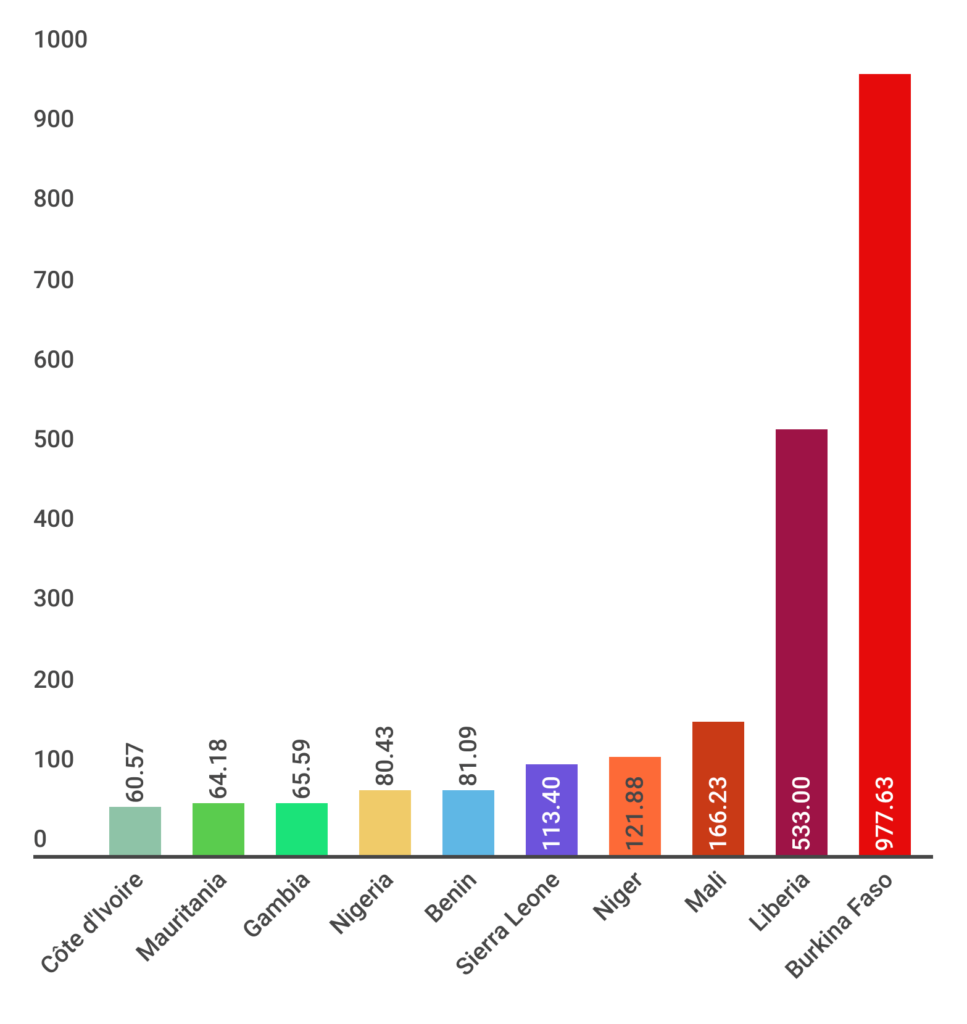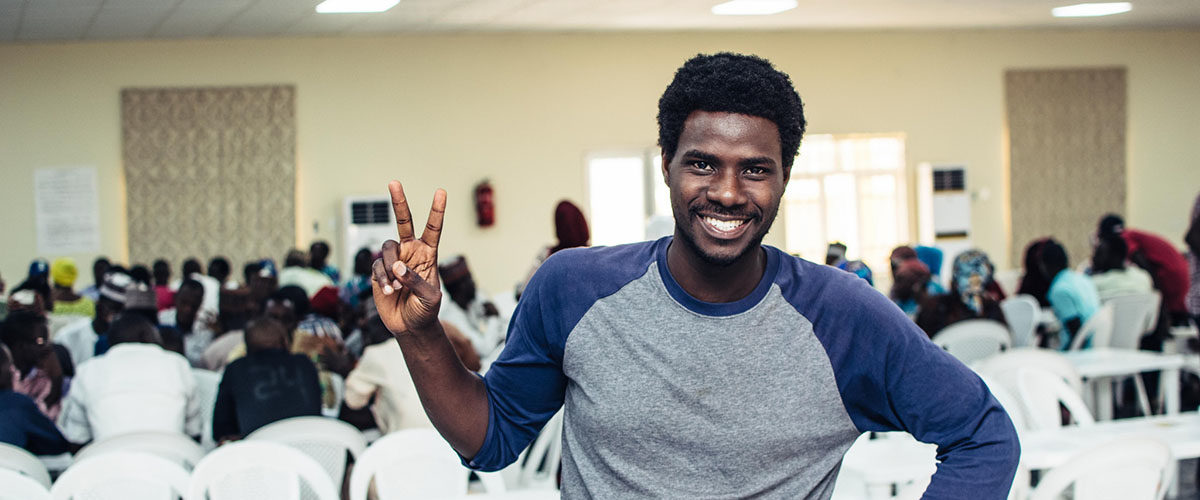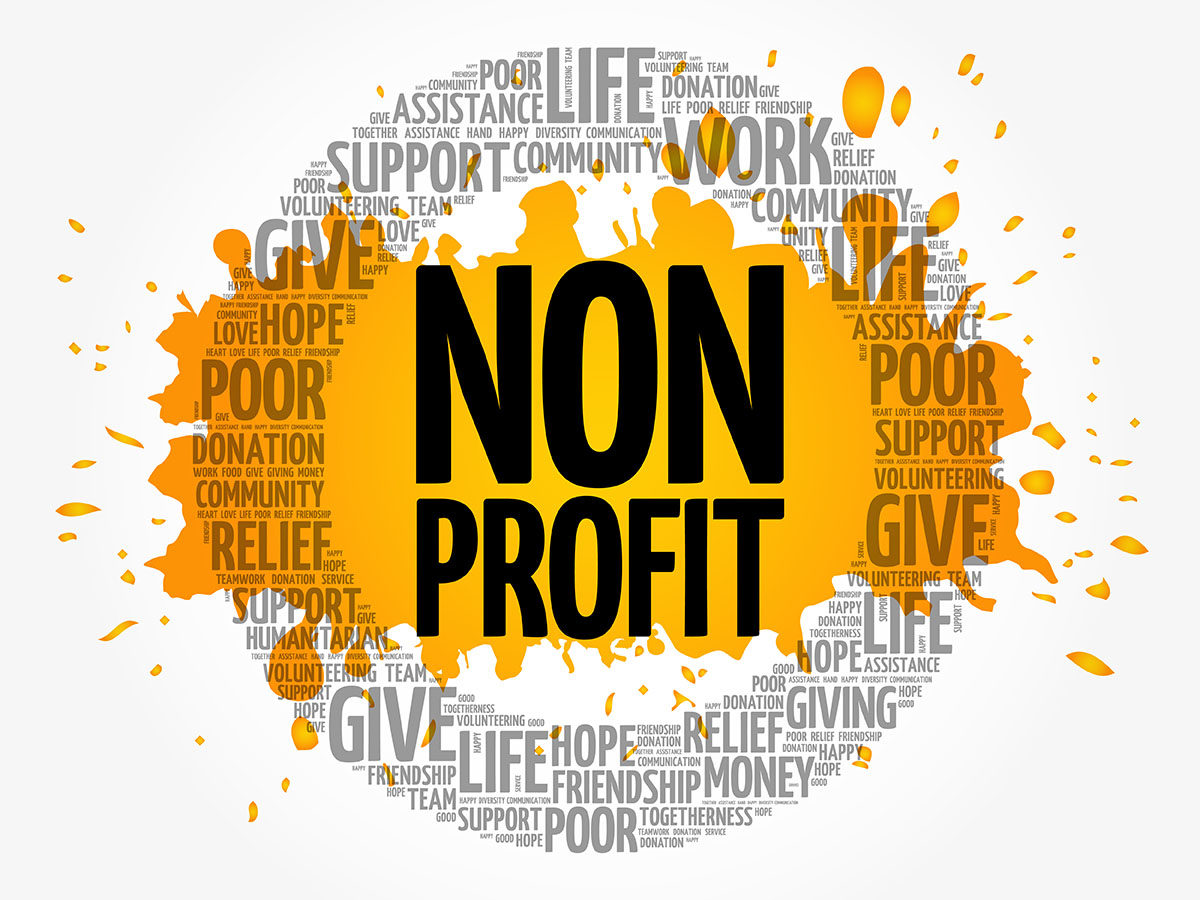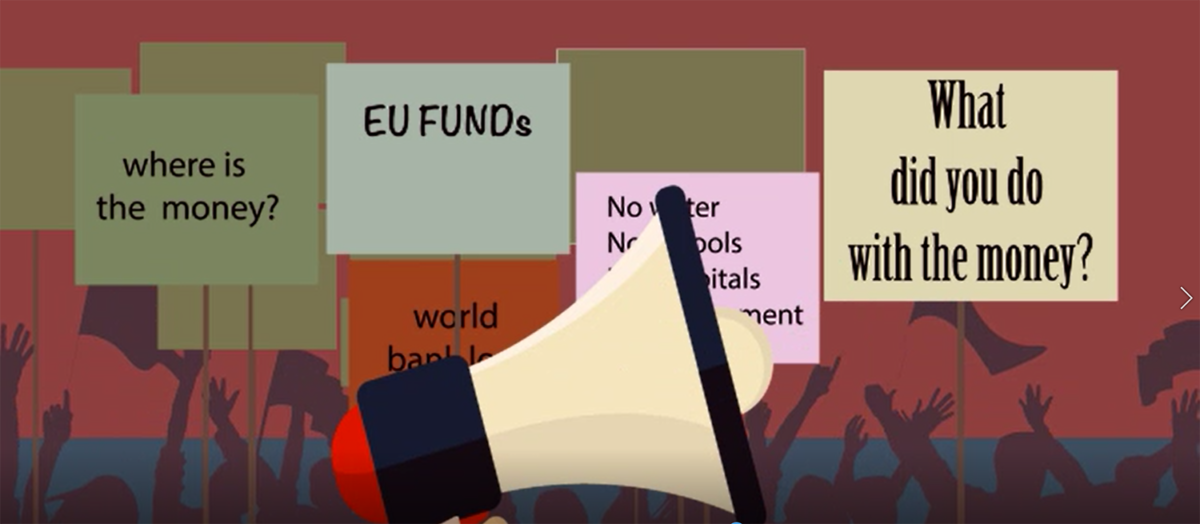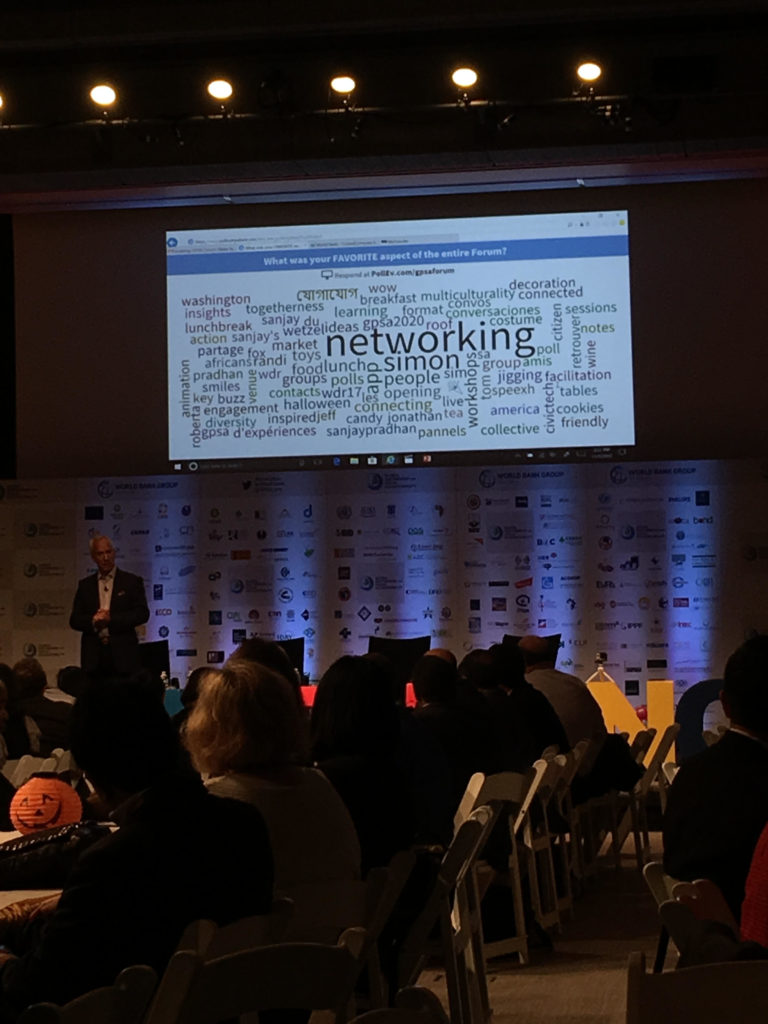Recently, I have heard my mentees ask networks they could join since they are interested in Nonprofit Management. I took time to do some research on available ones, and also the one that I have joined, and in which their conversations have really helped in my work. Please find below this nine, and if you know of any other great ones, please add them in the comment box, I will add them to the list. The world will be glad you did!
- Young Nonprofit Professionals Network (YNPN)
With 13,076 members (last accessed, November 6, 2017) It’s a National Movement that provides professional development, networking and other resources for young nonprofit professionals.
2. The Nonprofit Times
With 17,582 members (last accessed, November 6, 2017), the group is focused on developing a strong image for your non-profit. Discussions are around accounting, fundraising, marketing and human resource.
3. The Nonprofit Professionals Forum
Have 22,920 members (last accessed, November 6, 2017). It provides a forum to discuss new ideas, strategies and challenges faced by professionals, and also a platform for networking with other professionals.
4. GuideStar – The Nonprofit Conversation
It’s a meeting place of 13,485 Nonprofit professionals (last accessed, November 6, 2017) and organizations. If you need the latest information about nonprofits, then you should be here.
5. LinkedIn Nonprofit Solutions
This is a virtual collaborative space for 4,532 nonprofit professionals (last accessed, November 6, 2017) to tell their stories, foster relationships, engage future partners, staff or board members.
6. Non-Profit Network
This is the largest nonprofit group on LinkedIn with 254,716 members (last accessed, November 6, 2017). There are general discussions from organization management to program management, trade, sustainability et al. Members can actually invite other members.
7. Nonprofit Board Forum
If you are looking for a learning community on the responsibility of board members in a nonprofit organization, then you should be here. Every founder, board member, aspiring nonprofit professional should endeavour to share experience and learn from this group. There are 11,085 members (last accessed, November 6, 2017) that discuss challenges facing nonprofit boards!
8. Nonprofit and Charity Network
Have 18,014 members (last accessed, November 6, 2017) sharing ideas, asking advice from people who work in the same thematic areas. Are you trying to get your head around a burning issue with your nonprofit, then get – in now!
9. The Chronicle of Philanthropy
Have 119,496 members (last accessed, November 6, 2017). In this group, you can connect with other nonprofit professionals, find out about latest online events and job openings. Welcome to the World of Philanthropy!
Know of any other great group, kindly comment with the name of the group and link to the group. I will be glad to add them to the list. Holla!
